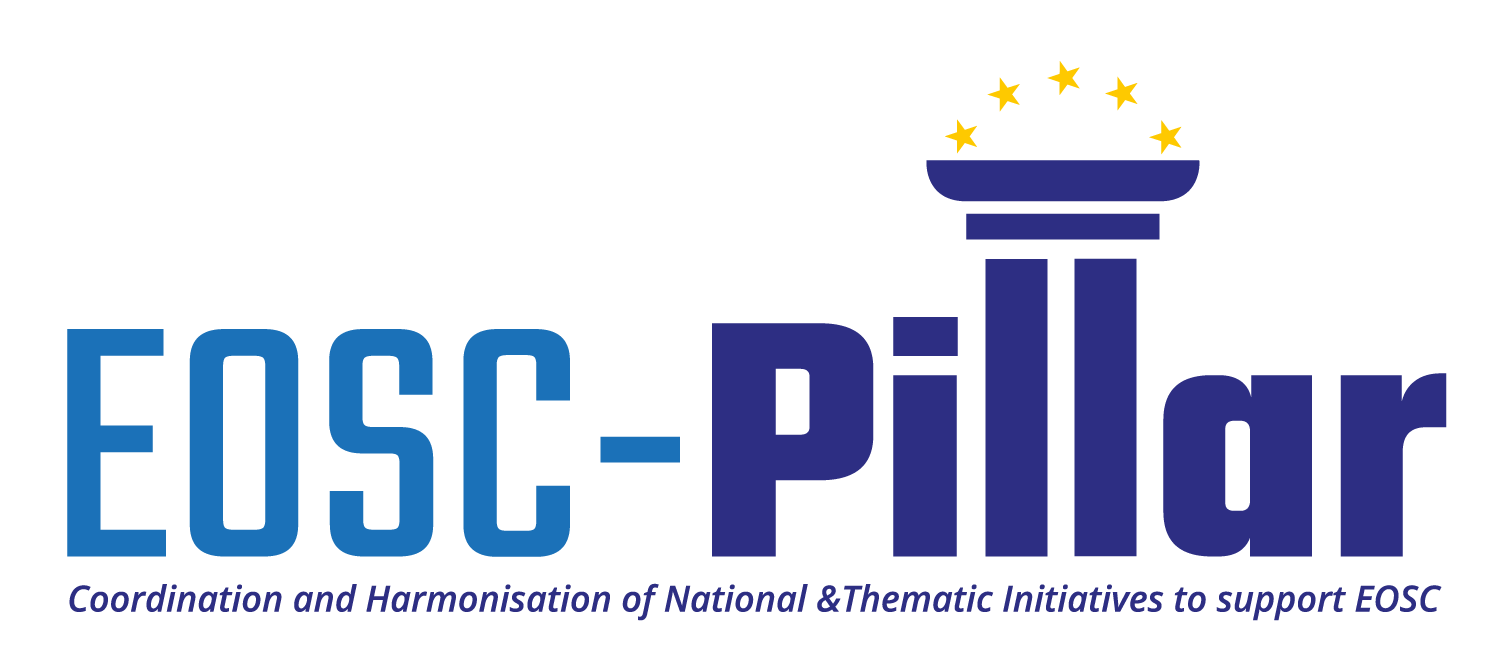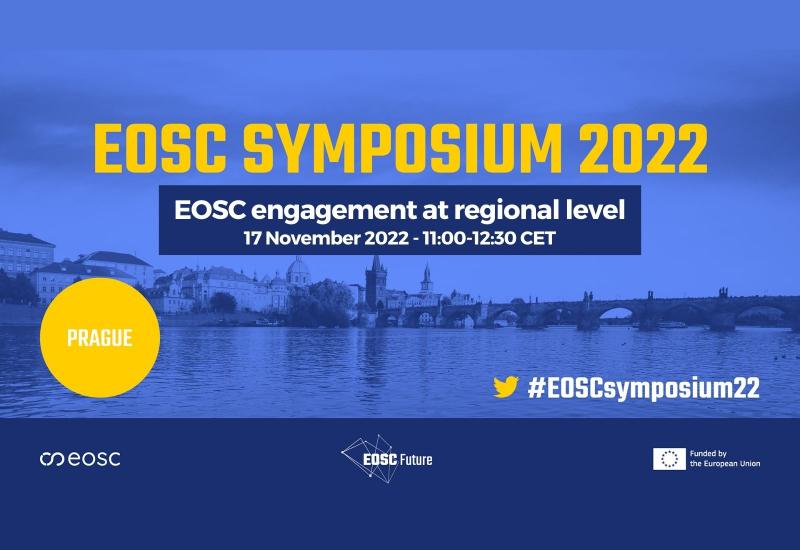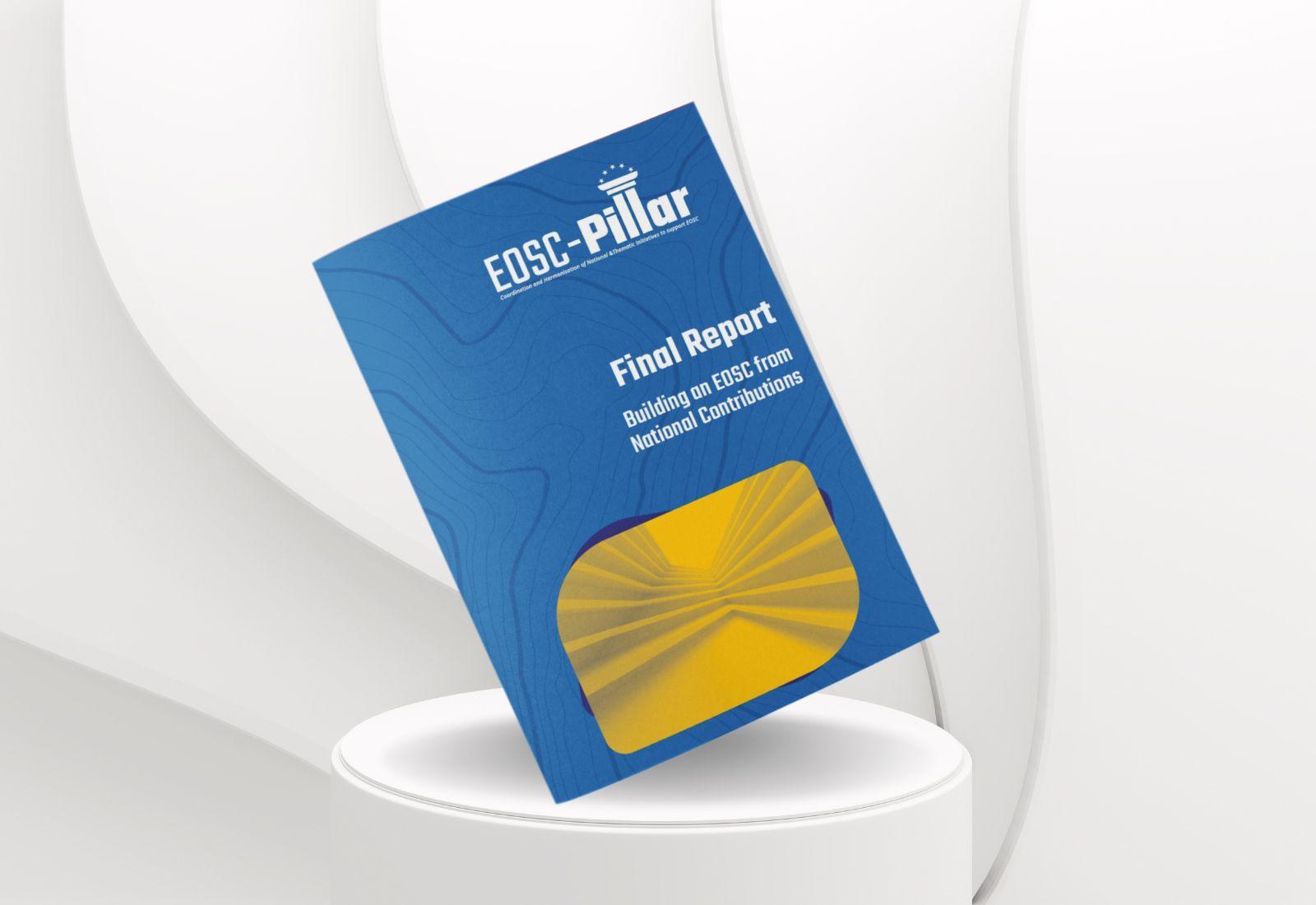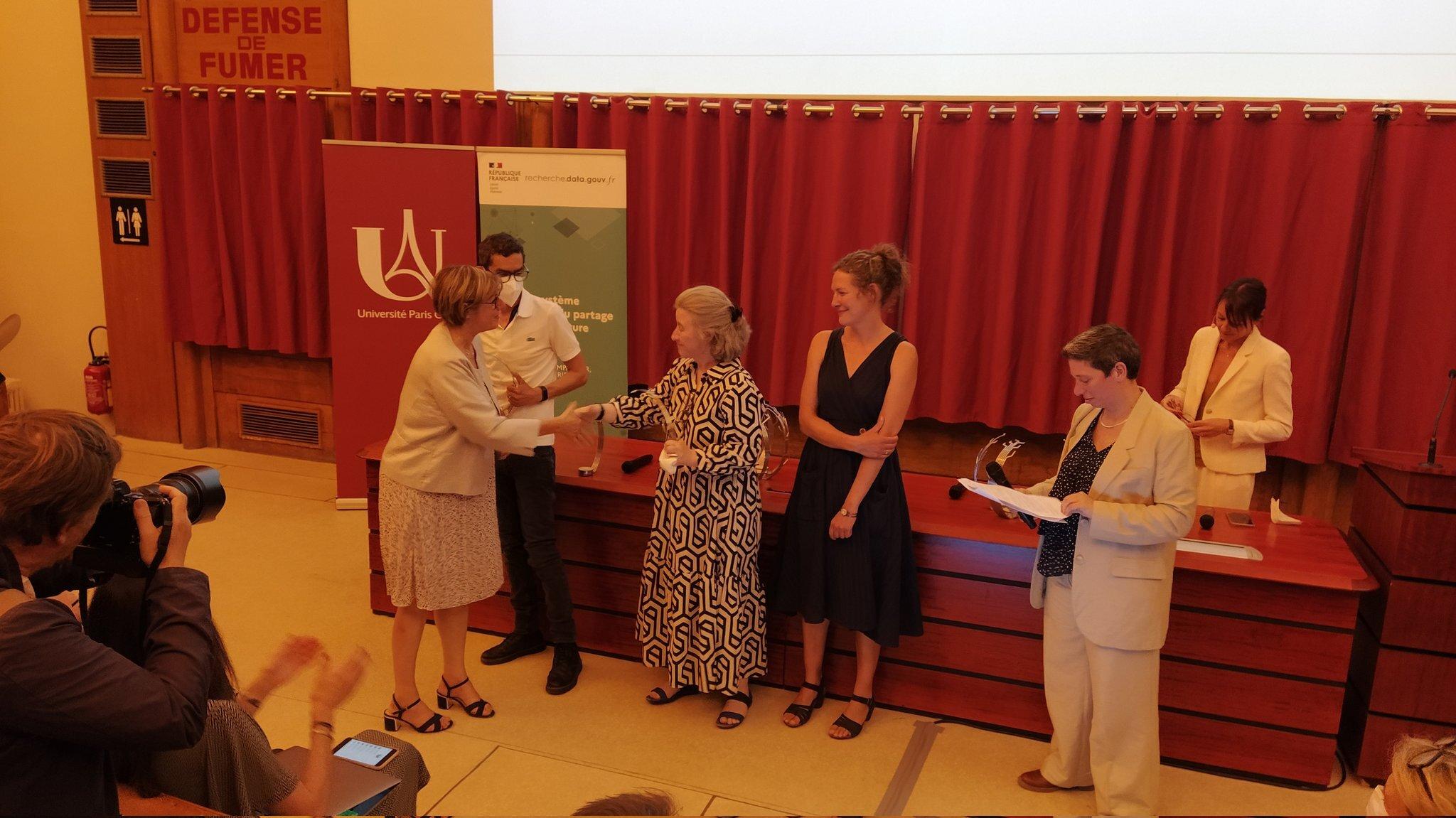
EOSC in Belgium
April
20,
2020
News
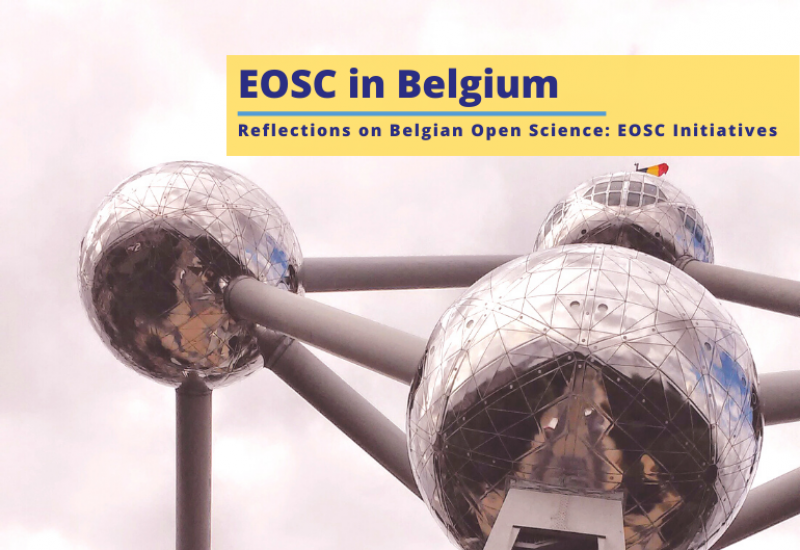
By Inge Van Nieuwerburgh and Emilie Hermans (Ghent University)
Belgium's involvement in EOSC is embedded in a strong research and innovation landscape and a long tradition in advocating Open Science.
On the 21st of November 2019, the first Belgian EOSC event "Belgian Open Science EOSC Initiatives" was organized by the Wallonia-Brussels Federation, the Flemish and Federal Authorities. Bringing these different stakeholders together and provide a platform for discussion is important for the connection of Belgian research to EOSC. The main objective of this seminar was to promote exchanges between all Belgian partners in EOSC projects and the Executive Board Working Groups.
Connecting Belgian EOSC Partners
The event addressed themes on the uptake of Open Science Policy in Belgium, an overview of Belgian partners that have joined the EOSC initiative and the roles that have been assigned to Belgian representatives and experts within its governance. It was a chance for the different stakeholders and initiatives to meet and connect.
Michel Schouppe, senior advisor at the European Commission, introduced the audience to the goals, the timing, the stakeholders and the governance which will shape the EOSC. As a keynote speaker he stressed the importance of the network of infrastructures, projects and Member States to ensure the establishment of a solid and long-term sustainable research data ecosystem, to guarantee the widest possible access and to support knowledge creation.
This was followed by an update on the Belgian policy in the area of Open Science, how Open Science has unfolded in Belgium and the different Regions and the ambitions for the near future. The ‘Open Access Decree’ of the Wallonia-Brussels Federation consolidates the deposit policy of the Universities, stipulating that all scientific articles subsidized by public funds must be deposited in an institutional directory. A general open Science policy is under construction. The Flemish Open Science Board in Flanders is being set up to unite all Flemish stakeholders in a shared vision for the future on Open Science and EOSC, this board, supported by technical working groups, also advises policymakers on the steps to be taken to fully integrate Flanders into the international Open Science landscape. At a federal level, an Open Research Data Mandate was announced just the day before. This ORD mandate applies to digital data (and associated metadata), collected or created within the scope of research projects wholly or partially funded by BELSPO. It relates to data needed to validate results in scientific publications but also to other curated and/or raw data specified in the Data Management Plan (DMP).
After the policy session, some EOSC connected projects involving Belgian partners were introduced.
- Inge Van Nieuwerburgh explained how EOSC-Pillar will coordinate national Open Science efforts across Austria, Belgium, France, Germany, and Italy, ensuring their contribution and readiness for the implementation of EOSC. The project conducts a national initiatives survey, deploys activities in dissemination, training and uptake of FAIR data, contributes to guidelines on data stewardship and will enrich the activities with Use Cases and Community-Driven Pilots.
- Francis Strobbe showed how ENVRI-FAIR builds on a set of FAIR data services for environmental research infrastructure to help create a network of trustworthy, well-documented environmental data.
- Frederik Coppens described how EOSC-Life took on the challenge of bringing together Biological and Medical ‘ESFRI’ research infrastructures to create an open, digital and collaborative space for biological and medical research.
- Caroline Alméras represented BE OPEN, which aims to assist in operationalising Open Science in transport research at the European level, through a series of targeted coordination and support activities.
- Belgium is also indirectly involved in SSHOC, as explained by Johan Van Der Eycken, via ESFRI related projects such as DARIAH-BE, CLARIN, CESSDA and E-RIHS. SSHOC will create the social sciences and humanities area of the EOSC and facilitate access and services to the data for the SSH community.
- Emilie Hermans indicated how OpenAIRE-Advance, building on previous OpenAIRE projects, develops a European-wide research information system supported by an expert network of Open Science experts, enabling EOSC to be truly Open.
The day was closed by a panel featuring the Belgian representative in the governance board and the Belgian experts in the working groups of EOSC who gave a good overview of the issues addressed in the working groups and the roadmaps ahead.
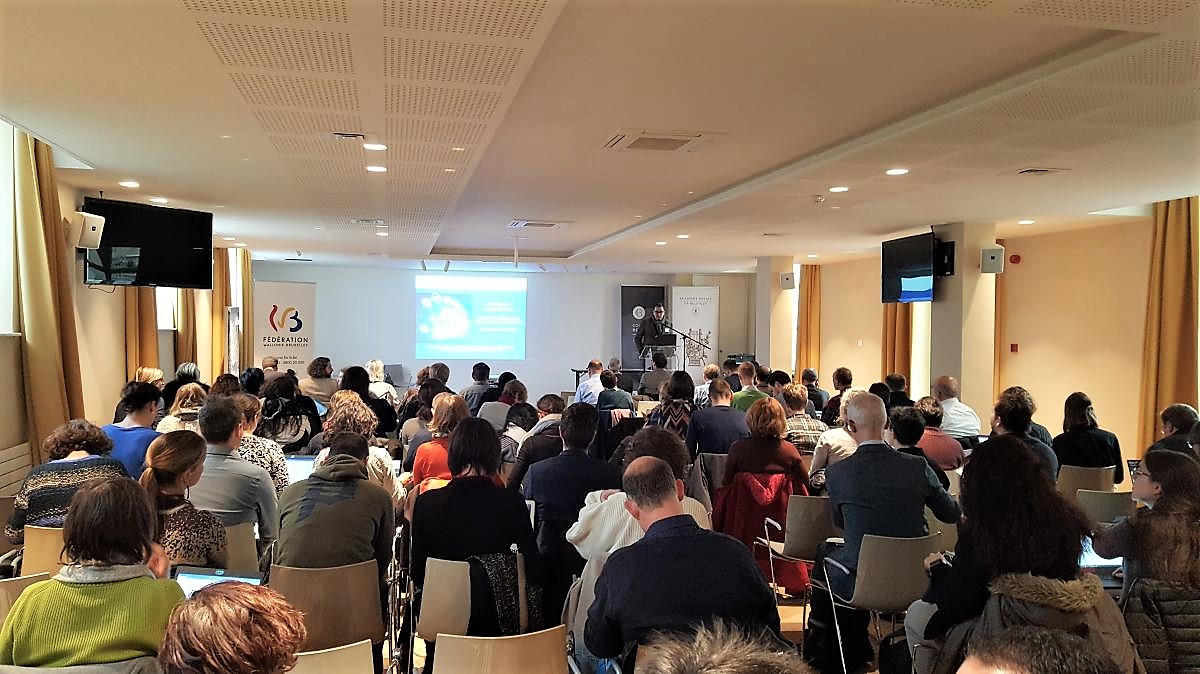
EOSC in Belgium - an overview
Belgian organisations have invested in Open Science infrastructure and policies since the early 2000’s. Universities subscribed to the Berlin declaration in 2007, as did the Belgian, Flemish and French Community ministers of research in 2012. Research organisations started publication and data repositories through the years. OpenDOAR lists 36 Belgian repositories at the moment, re3data 24 data repositories. Many repositories are connected to EOSC through OpenAIRE’s research information space.
Moreover, the European projects DRIVER and OpenAIRE started coordinating efforts in Belgium, uniting Open Science ambassadors in the informal network Open Access Belgium. The Open Science activities are supported by Belgian, Flemish and French community policy efforts, infrastructure networks such as Belnet, the national IT partner for research, education and public services, and supercomputers such as the Flemish VSC and the French community Cenaero.
Bart Dumolyn of the Flemish department of economy, research and innovation (EWI) is the Belgian representative in the EOSC Governance Board.
The EOSC Executive Board Working Groups and their Belgian experts
- Architecture WG: Frederik Coppens (VIB – ELIXIR)
- FAIR WG: André Heughebaert (Belgian Biodiversity Platform)
- Landscape WG: Sadia Vancauwenbergh (UHasselt research coordination)
- Rules of Participation WG: Rachel Leproult (ULB European Liaison officer)
- Skills & Training WG: Vinciane Gaillard (EUA)
- Sustainability WG: Patricia Mergen (Royal Museum for Central Africa)
EOSC-related projects with Belgian partners
- ARCHIVER – Addestino
- BE OPEN – European Conference of Transport Research Institutes, Fehrl, UITP
- Blue-Cloud – Seascape Belgium, VLIZ
- ENVRI-FAIR – Royal Belgian Institute of Natural Sciences
- EOSC-hub – Université de Liège, VUB
- EOSC-Life – ERINHA, VLIZ, UGent
- EOSC-Pillar – Ghent University
- EOSC-Secretariat – Technopolis Consulting Group Belgium
- ESCAPE – Royal Observatory of Belgium
- FAIR4Health – HL7 International Foundation
- FAIRplus – Janssen Pharmaceutica N.V.
- FAIRsFAIR – EUA
- GN4-3 – Belnet
- OCRE – RHEA System
- OpenAIRE-Advance – UGent
- PaNOSC – Association Internationale Extreme-Light-Infrastructure Delivery Consortium
- PRIMAGE – SIOP Europe ASBL
How did Belgian initiatives respond to the EOSC-Pillar national initiatives survey? Check out the first results!



